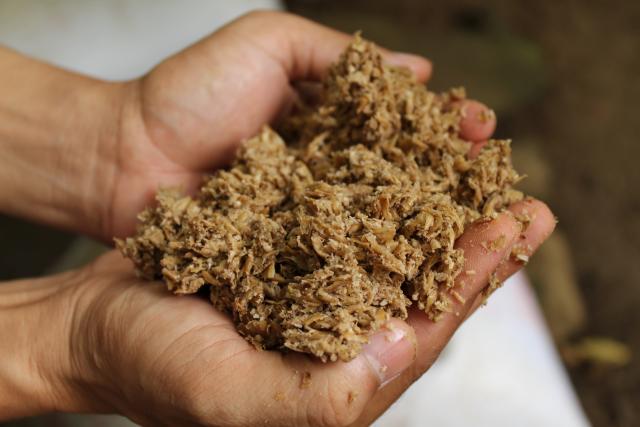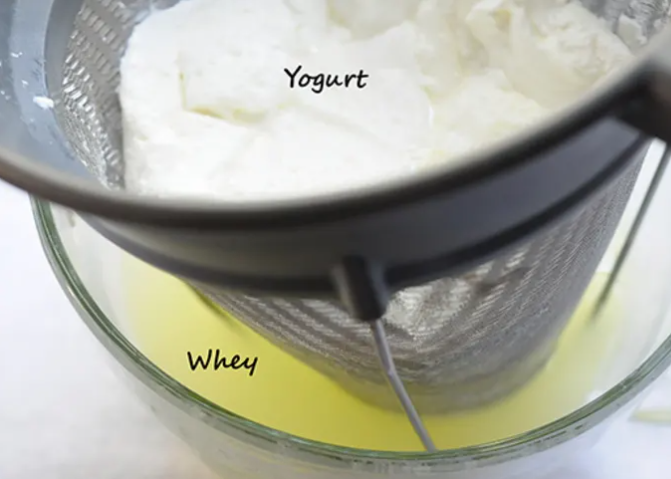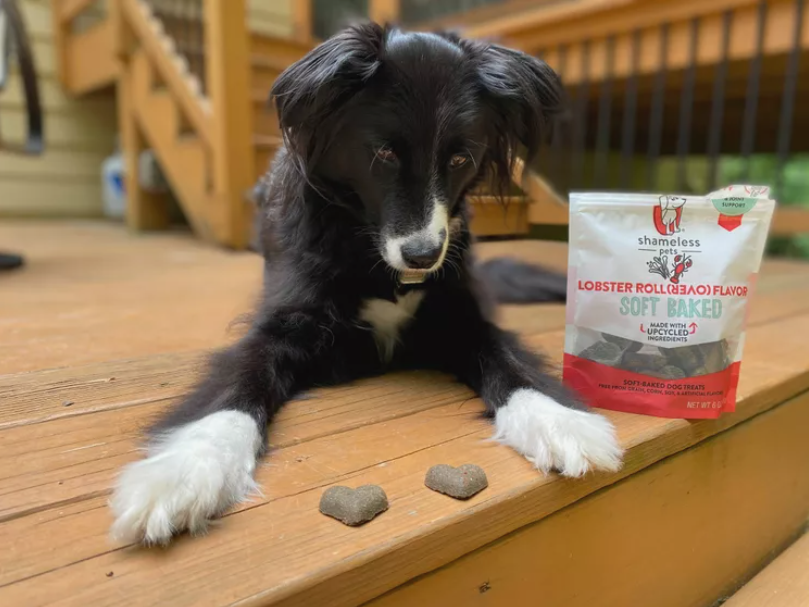What are some innovative ways to reuse food waste, a problem so big that it costs the world $1 trillion (USD) per year? Many smart companies are cashing in on solutions, but here are some approaches with broader benefits. If you’d like to nominate a technology of your own, contact us. We’ll add it to this article and possibly invite you to participate in a video interview.
Wet Brewers’ Grains
Wet brewers’ grains (WBG) are a byproduct of brewing beer. These spent grains aren’t without nutritional value, however. With their protein, fiber, and energy concentration, WBG is a dietary supplement for ruminants, animals with four stomachs. Beef cattle are a type of ruminant with which many people are familiar, including those who enjoy a good beer alongside a steak.
For brewers, WBG sales are an additional revenue stream. There’s also a cost savings since some farmers will pickup WBG for free and haul the spent grains away. In addition, there are societal benefits since WBG stays out of landfills. According to B-Resilient, every ton of WBG that is landfilled releases over 500 kg of carbon dioxide, a potent greenhouse gas that’s blamed for climate change.
Whey Waste
Acid whey is a byproduct of Greek yogurt production. It’s also a potential goldmine. According to the American Chemical Society, there are more than 3,500 patents related to yogurt acid, 75% of which have been filed in the last 10 years. What’s driving this level of innovation? Greek yogurt accounts for over 50% of U.S. yogurt sales, and there are 3 kg of acid whey generated for every 1 kg of Greek yogurt produced.
In New York State, which now makes more Greek yogurt than Greece, two companies are helping lead the way to a more sustainable future. Norwhey, an Ithaca-based business founded by a Cornell University professor, is turning acid whey into hard seltzer, an increasingly popular alcoholic beverage. Empire Medicinals, a Rochester-based company, uses acid whey to grow mushrooms for Leap Foods.
Solutions Wanted
These are just a few examples of how innovators are turning the problem of food waste into a profitable solution with broader benefits. Other examples include Re-Nuble, an agriculture technology company that’s turning food waste into fertilizer, and businesses that are transforming misfit, surplus produce into dog treats. If you’d like to nominate a technology of your own, contact Go Natural Education.


